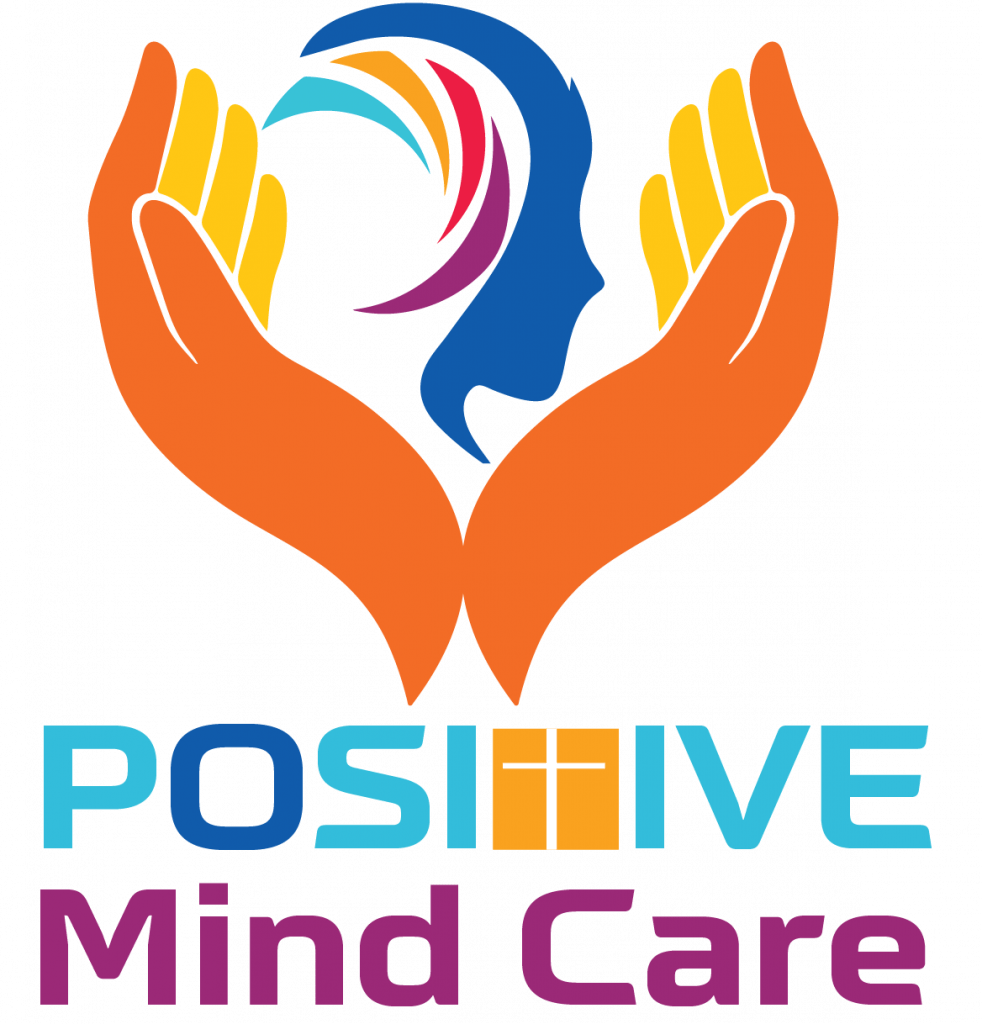Deep Transcranial Magnetic Stimulation (Deep TMS) Therapy
Now, let’s explore the innovative treatment option known as Deep Transcranial Magnetic Stimulation (Deep TMS) and its potential in the management of schizophrenia.
What is Deep TMS?
Deep TMS is a non-invasive procedure that uses magnetic fields to stimulate specific regions of the brain. Unlike traditional TMS, Deep TMS can reach deeper brain structures, making it a promising therapy for conditions like schizophrenia. The procedure involves the use of a specialized helmet that emits electromagnetic pulses to target specific brain areas associated with the disorder.
How Deep TMS Works in Schizophrenia Treatment
Deep TMS holds promise in the treatment of schizophrenia by modulating brain activity in the prefrontal cortex and other regions implicated in the disorder. It can help alleviate some of the cognitive and negative symptoms associated with schizophrenia, making it an exciting addition to the treatment toolkit.
Benefits of Deep TMS for Schizophrenia:
- Improved Cognitive Function: Deep TMS may enhance cognitive abilities such as attention, memory, and problem-solving, which are often impaired in individuals with schizophrenia.
- Reduced Negative Symptoms: Some studies suggest that Deep TMS can help mitigate negative symptoms like social withdrawal and lack of motivation.
- Complementary Therapy: Deep TMS can be used alongside other treatments, such as medication and psychotherapy, to provide a more comprehensive approach to managing schizophrenia.
- Minimal Side Effects: Deep TMS is generally well-tolerated, with minimal side effects compared to some antipsychotic medications.
- Personalised Treatment: Deep TMS therapy can be tailored to each individual, allowing for a more personalised and targeted approach.
It’s essential to note that while Deep TMS shows promise, it is not a standalone solution for schizophrenia. It is typically used as part of a broader treatment plan, which may include medication, psychotherapy, and support services.
The Importance of a Holistic Approach
Schizophrenia is a complex and multifaceted disorder that requires a holistic approach to treatment and support. Here are some key elements of a comprehensive approach:
- Medication Management: Antipsychotic medications are often a cornerstone of schizophrenia treatment, helping to manage positive symptoms.
- Psychotherapy: Therapies like cognitive-behavioral therapy (CBT) can aid individuals in managing their symptoms, improving coping skills, and enhancing their quality of life.
- Social Support: A strong support system, including family, friends, and support groups, can significantly impact an individual’s well-being.
- Rehabilitation Programs: These programs focus on improving daily living skills and fostering independence.
- Lifestyle Factors: Paying attention to factors like diet, exercise, and sleep can complement treatment efforts.
- Innovative Therapies: Innovative treatments like Deep TMS offer new possibilities for symptom management and improvement.
Conclusion
Schizophrenia is a complex mental disorder that can significantly impact an individual’s life. However, with the right treatment, support, and understanding, individuals with schizophrenia can lead fulfilling and meaningful lives.
Positive Mind Care in Gurugram is a beacon of hope for individuals battling with such disorders, thanks to its cutting-edge Deep TMS therapy and comprehensive approach to treatment. By outfitting the force of imaginative innovation and customised care, Positive Mind Care is changing lives and making ready for a more brilliant, more joyful future for its patients.
At Positive Mind Care and Research Centre, we are committed to advancing the field of mental health treatment, including exploring innovative therapies like Deep TMS. If you or a loved one are living with schizophrenia, reach out to us for comprehensive care that addresses your unique needs and aspirations. Together, we can demystify schizophrenia and pave the way for a brighter future filled with hope and possibilities.



